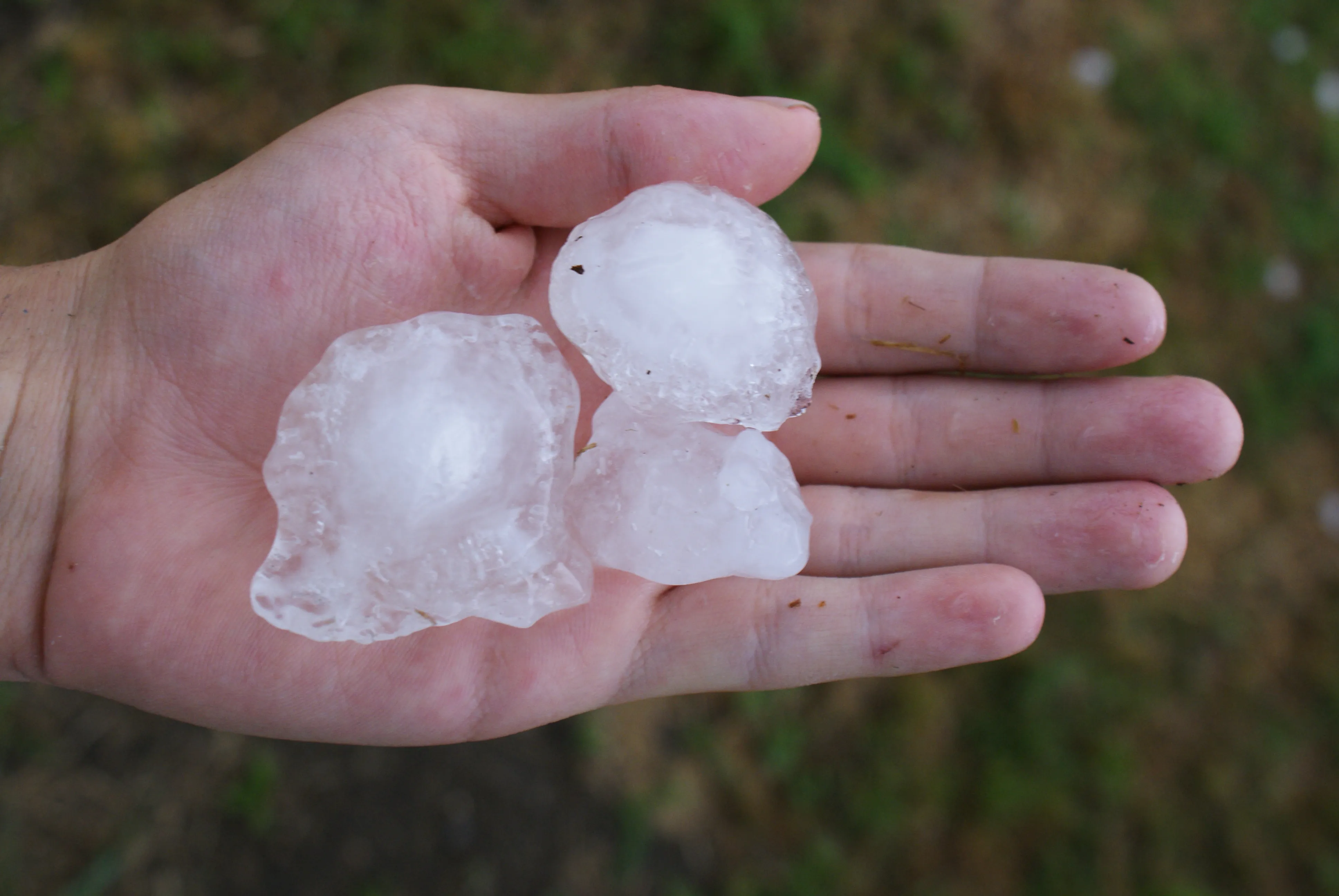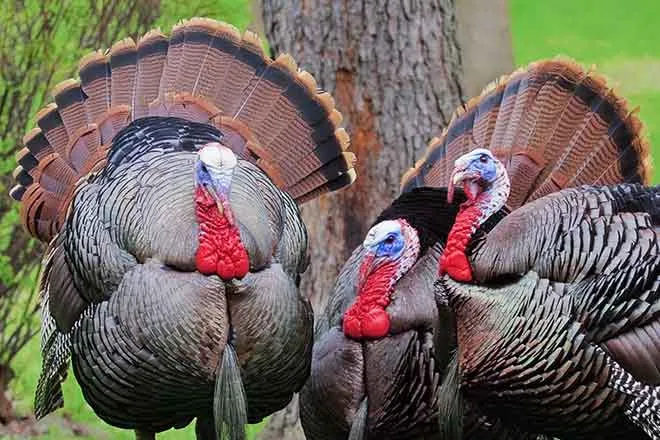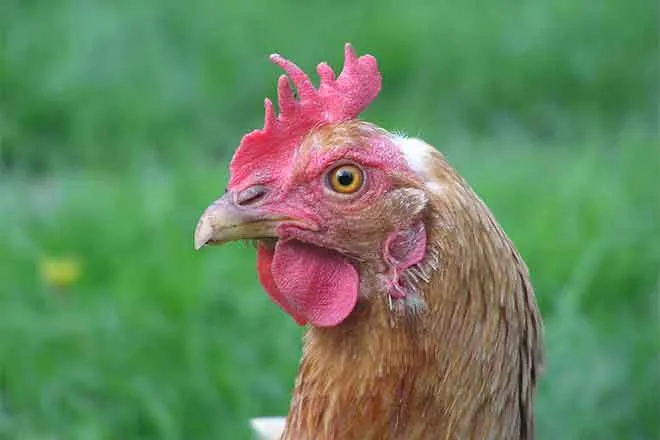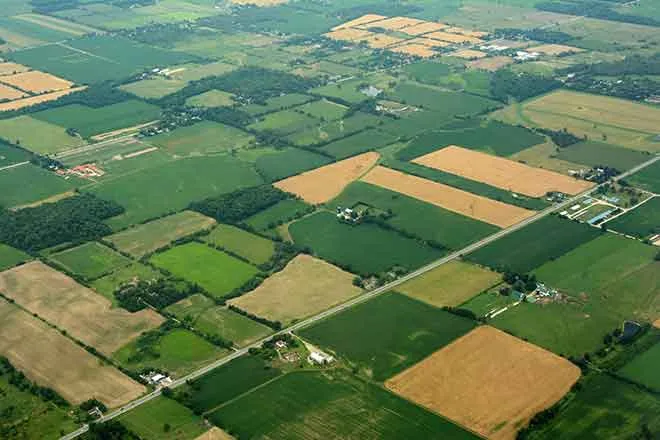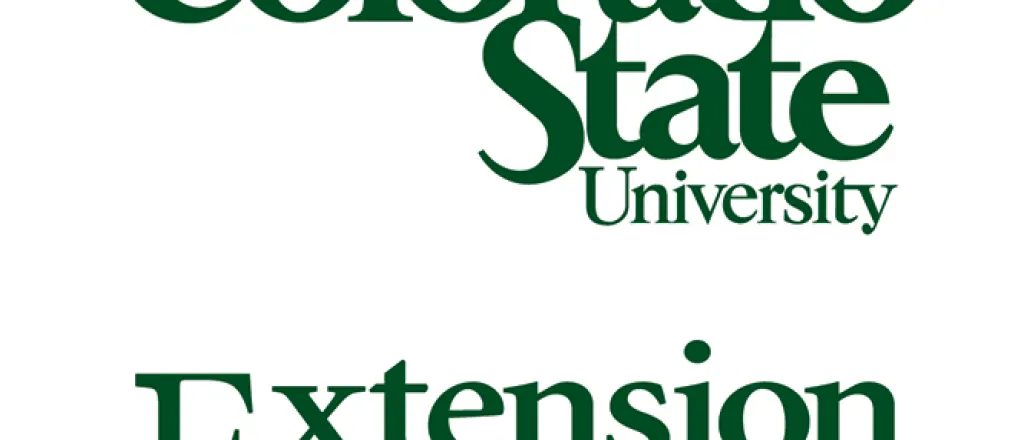
Range Management for Ranchers
By Donald Schoderbek, CSU Extension Range Specialist
Let’s talk about stocker cattle in Colorado.
Maybe you know them as a savvy buyer of ‘odds and ends’ at the sale barn. Perhaps they are a cow-calf operator who holds back some steers for extra profit. Or, they run a crackerjack starting yard. I’m talking about the so-called ‘elusive’ stocker operator. These operations exist because of a simple fact – young cattle are risky cattle, and feedlots prefer a safer investment. Stocker operators get those rangy steers into feedlot shape!
John W. Prowers’ famous fat Herefords, and the barbed wire he introduced to keep other’s stock out, forever changed Eastern Colorado. Soon the range cattle industry had shifted towards a new model – ranching. “Have your cowboys raising hay, instead of raising hell,” advised Frank Benton, a prominent area rancher, in 1902. By the mid-20th century, Eastern Colorado was home to diversified cow-calf, stocker, and feeder industries. However, stocker cattle started ‘disappearing’ in the late 1970s, due both to improved efficiency and statistical challenges.
Data on stocker operations is hard to capture for many reasons, from terminology problems (stockers, yearlings, backgrounding programs, starter yards, preconditioning programs etc.) to seasonal data collection issues. Many producers are also increasingly leery of higher levels of risk. As with any margin business, higher risk can be a good or bad thing. However, data shows that stockers can provide increased drought flexibility and improved net returns – when done right. We know this is a viable strategy, yet stocker numbers have declined significantly.
So, where is the disconnect? To get to the bottom of this, CSU Extension, UW Extension, and the USDA-ARS are announcing a new research effort targeting stocker operators in Eastern Colorado and Wyoming. We are looking for successful, flexible stocker operators, and will pay for your insight and input. Our questions for you are: 1) what works; 2) what has not; and 3) what information/data is needed to help you increase your profitability and flexibility even more? These will be the focus of the Flexible Stocking Summit at Nunn, CO on September 19th, 2017. So, if you know a thing or two about adding value to stocker cattle, let’s talk.
Don Schoderbek is a Regional Specialist (Range Management) for CSU Extension, serving 31 counties across eastern and southern Colorado. His office is located in downtown Sterling. His phone number is (970) 522 7207, and his email is donald.schoderbek@colostate.edu.






